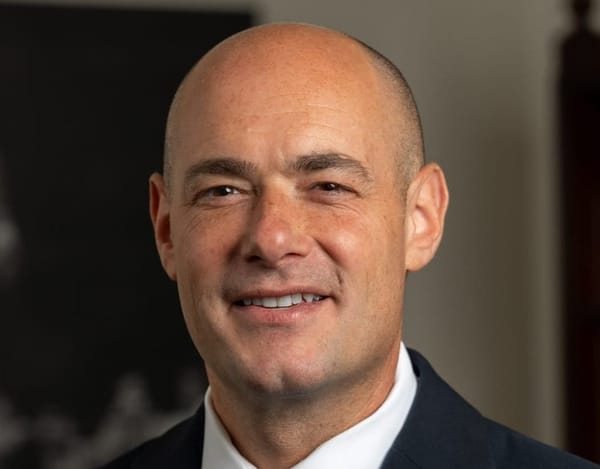Oral Arguments in Digital Discrimination Challenges Set for Late September
Industry challengers had pushed for a faster schedule.
Jake Neenan

WASHINGTON, April 4, 2024 – The Eighth Circuit Court of Appeals set oral arguments for late September in the consolidated challenges to the Federal Communications Commission’s digital discrimination rules.
In an order filed Tuesday, the court tentatively scheduled oral arguments for either September 25 or September 26.

That puts the arguments days after the agency can begin to open investigations into potential violations of the rules, which went into effect on March 22 but do not enter enforcement until September 22.
Industry groups, which filed 14 of the 16 total challenges to the rules, had originally pushed for an expedited schedule in an effort to wrap up the case before the rules entered enforcement.
Those challenges allege the rules are more broad than is allowed by the Infrastructure Act, which mandated the FCC take steps to prevent disparate broadband access based on race, income, and other demographic characteristics – known as digital discrimination.
The rules take up a “disparate impact” standard for identifying that discrimination, meaning internet providers and other entities that facilitate broadband access could be in violation of the rules even if they are not intentionally withholding quality internet from a protected group.

Many of the industry challengers argued in comments to the commission that the disparate impact standard runs afoul of the law by scrutinizing and potentially sanctioning providers and other entities for routine business practices.
The agency has argued its rules are appropriately broad. FCC Chairwoman Jessica Rosenworcel said when announcing the proposed rules that “If we were to adopt rules that only covered discriminatory intent, we would fall short of fully meeting our legal obligation to facilitate equal access to broadband.”
 Broadband BreakfastBroadband Breakfast
Broadband BreakfastBroadband Breakfast
Broadband Breakfast Club Exclusive Report
The FCC's Digital Discrimination Rules – March 2024
Read all Exclusive ReportsRosenworcel has also emphasized in public statements that the agency will take “technical and economic feasibility” into account when evaluating claims of discrimination – a statutory requirement – but industry and congressional Republicans have not been convinced.
Two public interest groups, Media Alliance and Great Public Schools Now and the Benton Institute for Broadband and Society, also challenged the rules in court, but on the basis that they should include a more formal complaint process. The two are intervening on the FCC’s behalf against the industry petitioners, as they don’t want the rules entirely thrown out.









Member discussion